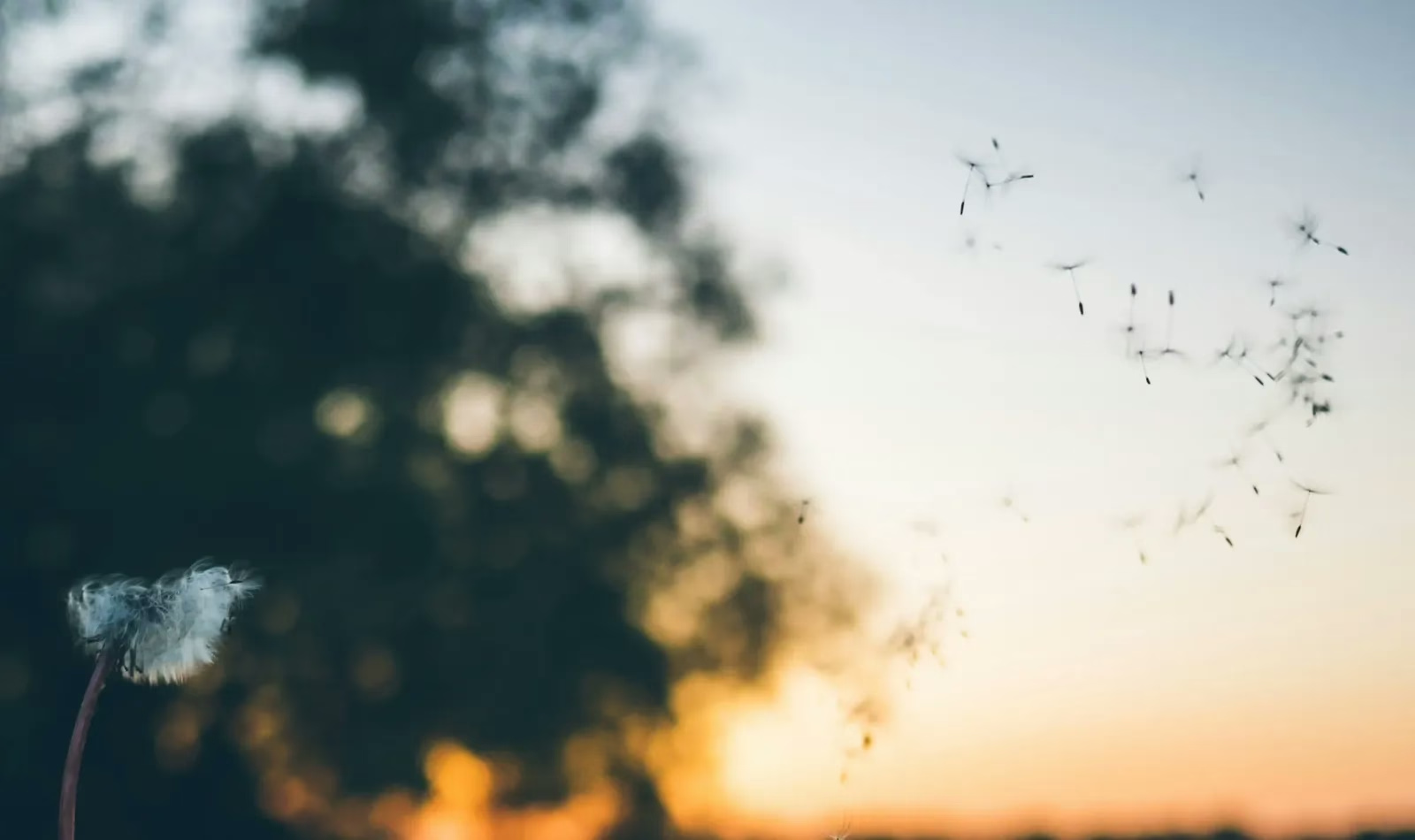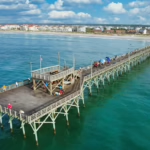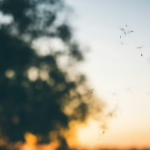If you’ve dealt with allergies while trying to enjoy the great outdoors, you know how fast a fun trip can turn into a miserable one. And in an RV, where space is tight and air circulation matters, it can feel even worse.
But here’s the good news: a few smart moves can make a big difference. From simple cleaning habits to smart campsite choices, it’s totally possible to enjoy coastal camping without the allergy drama.
Planning a spring getaway and want it to feel like a breath of fresh air—literally? Keep reading for practical tips to help you stay clear-headed and comfortable all trip long.
Common Coastal Allergens to Watch for in Sneads Ferry
Sneads Ferry may offer fresh coastal air, but spring still brings its fair share of allergens. The biggest culprits? Tree pollen, especially from oaks and pines, which start shedding in early spring.
Grass pollen joins the mix a bit later, and thanks to the area’s lush greenery, it can stick around. Add in mold spores from damp coastal areas and salt-tolerant plants like ragweed growing near marshes, and it’s easy to see why allergies flare up. Even ocean breezes can carry pollen from inland.
Choosing the Right Campsite: Wind, Trees, and Pollen Exposure
Where you park your RV can make a big difference when it comes to managing allergies. Look for campsites with good airflow—open areas with a steady coastal breeze can help keep pollen from settling.
Try to avoid spots directly under large trees, especially pines and oaks, since they drop pollen and debris onto your RV and outdoor gear. Stay clear of dense vegetation or areas with tall grass, which can trap pollen and mold spores. If possible, choose a gravel or paved site instead of grassy ground to reduce exposure.
Best Time of Day to Be Outside During Pollen Season
Timing is everything when it comes to avoiding allergy flare-ups. During pollen season, the worst time to be outside is early morning, usually between 5 a.m. and 10 a.m., when pollen counts peak. Instead, plan outdoor activities like walking, fishing, or exploring after midday, when the breeze picks up and pollen levels drop.
Evenings are often the most comfortable, especially near the coast where the air is cooler and cleaner. Keep windows closed in the RV during high-pollen hours and check daily pollen forecasts so you can time your adventures for when the air feels like a breath of fresh air.
RV Cleaning Habits to Reduce Indoor Allergens
Keeping your RV allergen-free starts with regular, simple cleaning. Sweep or vacuum daily, especially near entryways, and use a vacuum with a HEPA filter if possible. Wipe down surfaces with damp cloths to trap dust and pollen instead of spreading it.
Wash bedding and soft furnishings weekly, and avoid leaving windows open during high-pollen hours. Create a “no shoes inside” rule to keep allergens from spreading throughout the space.
Here are three other important steps:
Air Filters, Purifiers, and Ventilation Tips for RVs
A good air filter makes a world of difference. Upgrade your RV’s HVAC filter to a HEPA or high-efficiency model if possible, and consider bringing along a portable air purifier—especially for sleeping areas. Vent fans are helpful, but use them smartly: run them when cooking or showering, but avoid pulling in outdoor air during peak pollen times.
Personal Allergy Gear: Masks, Sunglasses, and Nasal Sprays
Don’t underestimate simple tools when dealing with spring allergies. A lightweight face mask can block pollen during hikes, campground chores, or breezy beach walks. Wraparound sunglasses help keep airborne allergens out of your eyes, and a saline nasal spray is great for rinsing out pollen after you’ve been outside.
Healthy Foods That May Help Ease Allergy Symptoms
Omega-3-rich fish (like local shrimp or flounder), citrus fruits, berries, and leafy greens support your immune system and may ease inflammation. Local honey is a favorite remedy, though the science is mixed—it might help your body adapt to regional pollen. Spicy foods like garlic or horseradish can help clear sinuses.
RV Campgrounds with Better Airflow and Less Vegetation
If you’re allergy-prone, choosing the right RV campground can make a big difference—and in Sneads Ferry, a few spots offer great airflow and minimal vegetation to help you breathe easier.
Seahaven RV Park is a solid choice with its open layout, fewer trees, and proximity to the coast, allowing for steady sea breezes that help keep pollen from settling.
Silver Sands RV Park also offers well-spaced sites with minimal overgrowth, making it easier to avoid pollen-heavy areas. For those looking to be close to the water and enjoy wide-open skies, Fulchers Landing Campground is another great pick.
It’s right near the Intracoastal Waterway, with a breezy, open setup and limited grassy areas—perfect for keeping allergens at bay while enjoying peaceful coastal views.
The Final Verdict
Spring allergies can be a real buzzkill—but they don’t have to tag along on your RV adventure. With a few smart choices (like picking the right campground and keeping that RV air squeaky clean), you can actually enjoy the coast without the sniffles and sneezes.
Sneads Ferry has the breeze, the views, and just enough chill to make it totally worth the trip—even during allergy season. So don’t cancel those spring plans just yet. Want a spot that works with your allergies, not against them? Head over to Sneads Ferry RV Parks and lock in your stay!



